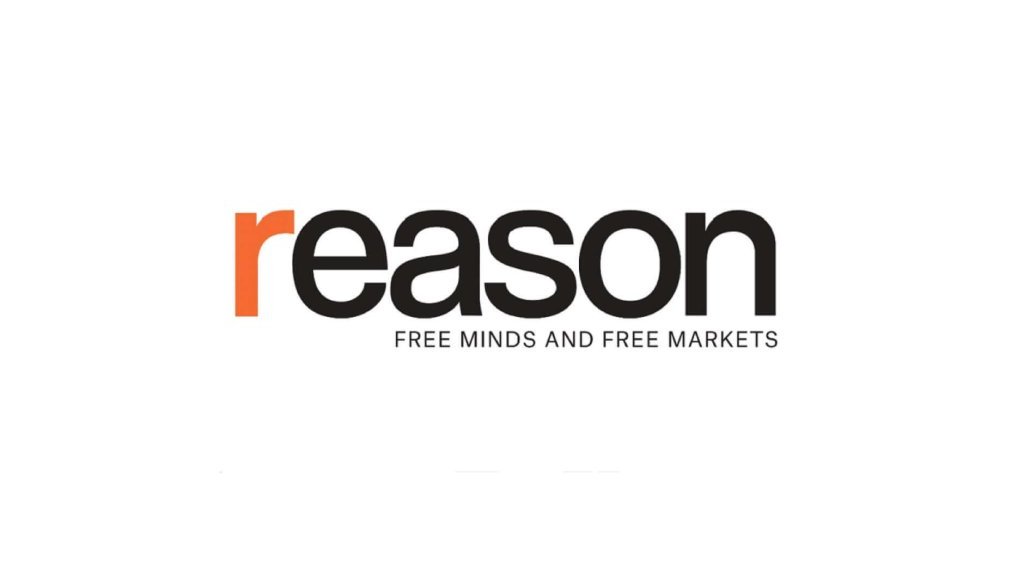Due Process and AI
As we all now know, AI plays a now-pervasive role in our lives, and often without our knowledge. When an an AI system links a person’s face to a still from surveillance video, recommends whether to detain a person in jail, or responds with “situational awareness” to a national security threat, what assurance is there that this system can be trusted to safely perform as promised? AI is being used throughout government in hundreds of settings, including those that affect people’s core constitutional rights. In response, however, many judges, officials, and scholarly commenters have uncritically credited the claims made by the developers that these systems are reliable and have been subjected to rigorous testing. All too often, those assurances have not been borne out when independent researchers test the AI systems.
And AI has created due process challenges across the world. Just ask it. ChatGPT just told me this: “AI has created significant challenges to due process worldwide in various ways, particularly in criminal justice, government decision-making, and surveillance.” And I agree.
AI is now relied on throughout government, even in high-impact settings, such as decisions to identify suspects using facial recognition, detain individuals, or terminate public benefits. Many more uses are being developed, ranging widely from using AI to predict hospital bed usage, to count endangered species like sea lions, and in border security. While some of these AI applications may be helpful and mundane, others may seriously harm people and impact their rights. Consider an example from one person’s case.
In November 2019, a man
Article from Reason.com

The Reason Magazine website is a go-to destination for libertarians seeking cogent analysis, investigative reporting, and thought-provoking commentary. Championing the principles of individual freedom, limited government, and free markets, the site offers a diverse range of articles, videos, and podcasts that challenge conventional wisdom and advocate for libertarian solutions. Whether you’re interested in politics, culture, or technology, Reason provides a unique lens that prioritizes liberty and rational discourse. It’s an essential resource for those who value critical thinking and nuanced debate in the pursuit of a freer society.




